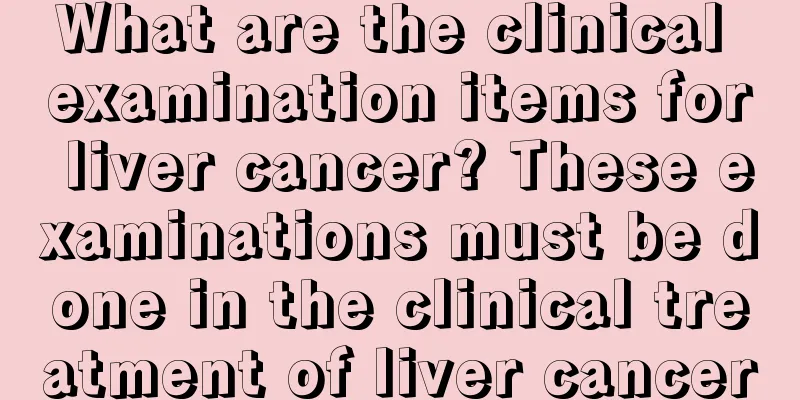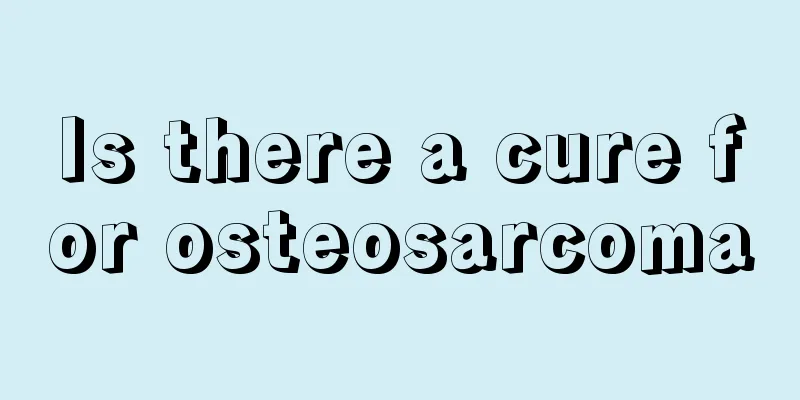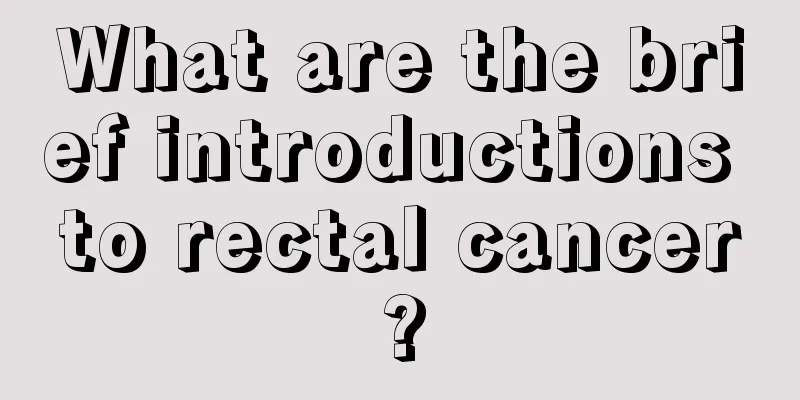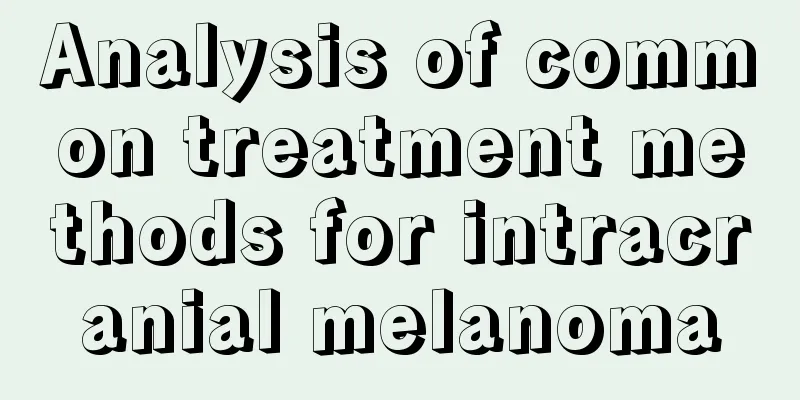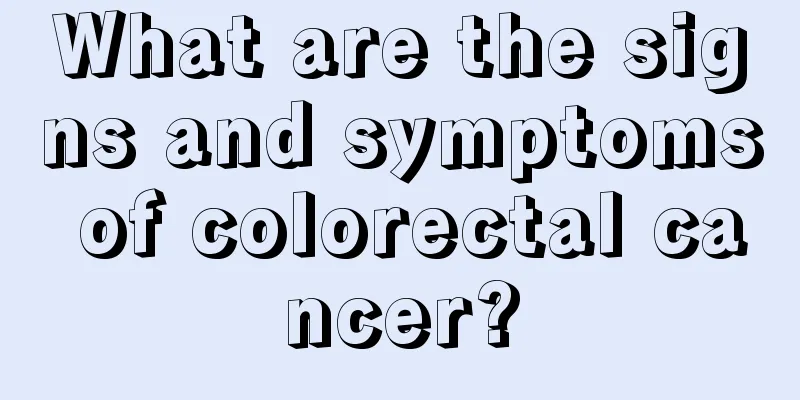What are the main treatments for liver cancer? Comparison of the advantages and disadvantages of the five major treatments for liver cancer
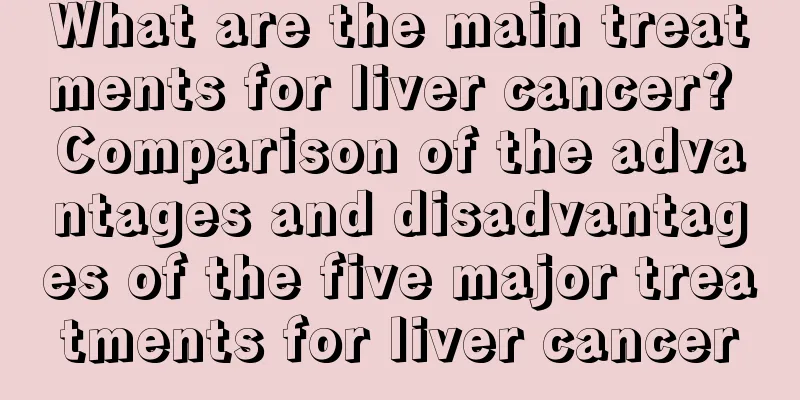
|
The main treatments for liver cancer include surgery, intervention, radiofrequency ablation, radiotherapy and chemotherapy. If used alone, these treatments will have certain advantages and disadvantages, which are introduced as follows: Surgery ◇Indications: Radical treatment of early, intermediate and localized tumors, palliative treatment of advanced tumors. ◇Advantages: Surgery is a mechanical method that can temporarily remove large tumors. There are no problems such as chemotherapy resistance and radiation resistance. ◇Disadvantages: It is highly traumatic, and surgery is difficult in some areas. It is ineffective for subclinical metastases, and has certain limitations in treatment. It cannot completely eliminate cancer cells, and cancer cells will grow again within a certain period of time. Interventional vascular embolization ◇Indications: Palliative treatment of tumors that are less than 70% of liver volume and in the compensated stage of liver function. ◇Advantages: The surgery is minimally invasive and highly repeatable. It can be performed once a week for giant tumors and the recovery after surgery is fast. ◇Disadvantages: It is difficult to completely eliminate cancer cells, and the tumor will continue to grow for a certain period of time. Radiofrequency ablation ◇Indications: Radical treatment of early, intermediate and localized solid tumors, and tumor reduction treatment of advanced tumors. ◇Advantages: CT or B-ultrasound guidance, accurate positioning, local anesthesia. Thermal ablation is used to cause coagulative necrosis of the tumor to achieve the resection effect. It is also effective for metastatic tumors. It is safer than surgery to treat tumors near intrahepatic blood vessels. Multiple tumors in different liver lobes can be ablated at one time, with little trauma. The patient can move 6 hours after surgery, and liver function recovers quickly. It is an important means of treating cancer. The smaller the tumor, the better the effect. ◇Disadvantages: 1. After a large tumor necroses, poor absorption of necrotic tissue may cause infection and require external drainage treatment. 2. The treatment cycle for large tumors is long, generally requiring 2 to 3 months. If it is not combined with embolization, the temperature rises slowly during the procedure and the effect is affected. Radiation therapy ◇Indications: Regionally sensitive cancers, inoperable tumor lesions within 5 cm. ◇Advantages: Using the focus of multiple beams of radiation to create high energy to kill cancer cells. Radiation kills cells with active mitosis, which is an important means of treating cancer and can control the activity of many cancers. ◇Disadvantages 1. General radiotherapy covers a large treatment area, causes a large damage area, and has many complications. 4. Stereotactic radiotherapy, such as Gamma Knife and CyberKnife, precisely treats local lesions with radiotherapy, causing little damage to surrounding normal tissues, and has side effects such as radiation inflammation. Chemotherapy ◇Indications: Postoperative patients; mid- and late-stage cancer; metastatic cancer; subclinical metastases. ◇Advantages: Chemotherapy is a treatment method using chemical drugs. These anti-tumor drugs can quickly spread throughout the body after entering the human body. They can kill both local cancer cells and metastatic cancer cells. It is a systemic treatment that mainly inhibits tumor growth and spread, and has a temporary control effect on primary lesions, metastatic lesions, and subclinical metastatic lesions. ◇Disadvantages 1. Chemical drugs are not specific to killing cancer cells. While killing cancer cells, they also kill normal cells. Excessive chemotherapy will shorten the patient's survival time. 2. Some tumors are not sensitive to drugs, and chemotherapy has no clinical value. 3. Chemotherapy cannot completely kill all cancer cells in the body. Cancer cells will recur or metastasize within a certain period of time. |
<<: What are the early symptoms of thyroid cancer? Symptoms of different types of thyroid cancer
>>: What should I eat to prevent liver cancer? Four typical symptoms indicate liver cancer
Recommend
How to care for wound infection after lung cancer surgery? Principles of care for wound infection after lung cancer surgery
Lung cancer is one of the malignant tumors with t...
Cocktail laser freckle removal
Cocktail is a new type of drink. This drink was i...
What causes foot pain in summer
In summer, we usually wear lighter shoes because ...
What are the common sense of nursing after pancreatic cancer surgery?
Pancreatic cancer is one of the most common malig...
What is the best way to treat advanced lymphoma?
What is the best way to treat advanced lymphoma? ...
What is the cause of anal inflammation and what disease might it be?
The anus is more susceptible to infection. If the...
Military suede shoes
Military suede shoes are a relatively common mate...
Can vegetables still be eaten after being frozen
Although the nutritional value of vegetables is v...
Trapezius stretch
No matter what movements we do in our daily life,...
If your teeth hurt or are loose, eat more of these
If you want to have white and strong teeth, in ad...
What causes multiple renal hamartomas?
Renal multiple hamartoma is a disease caused by g...
What is the best water to soak black fungus
Black fungus is an edible fungus that we often ea...
What foods can prevent lymphoma
Most lymphoma patients have poor immunity, weak c...
Why does my back hurt when I sleep after giving birth?
After giving birth, pregnant women will experienc...
Does esophageal tumor require surgery to cure?
Because people often eat too hot food, do not pay...
